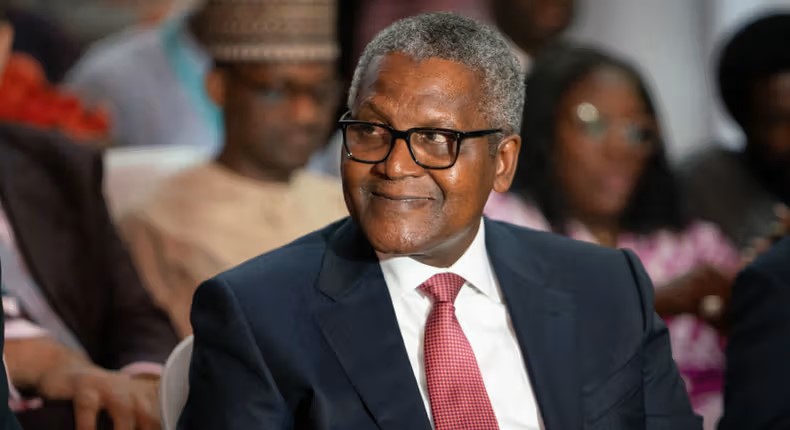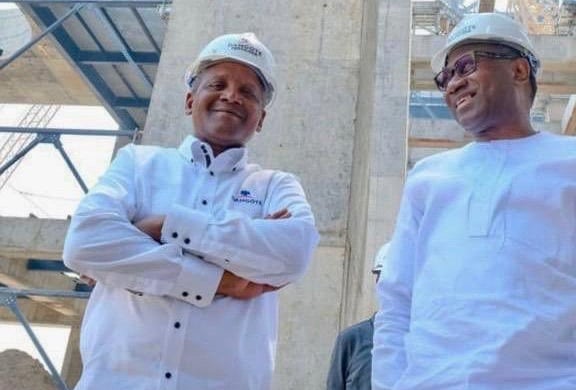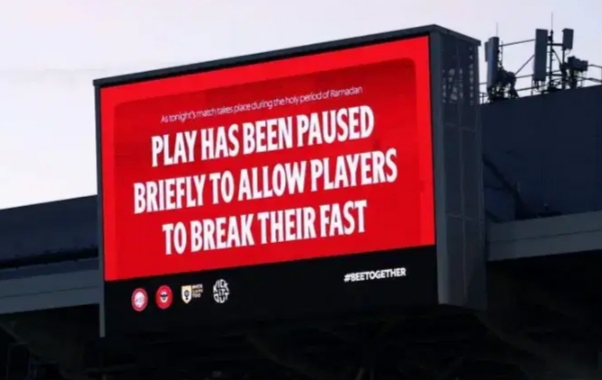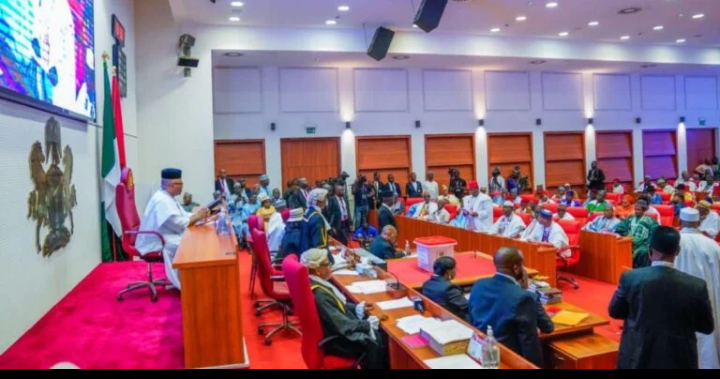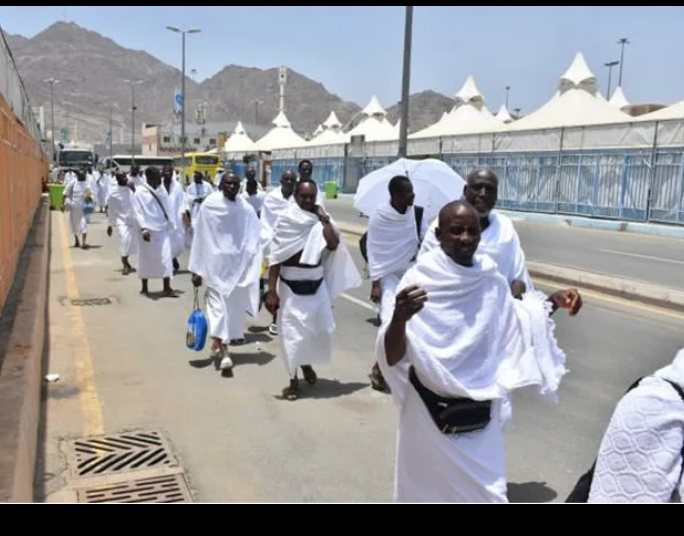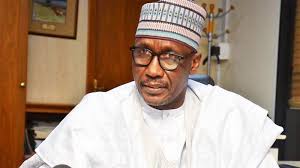
Mele Kyari, the Group Chief Executive Officer of NNPC Ltd, has strongly criticized the ongoing discussions about substandard Premium Motor Spirit (PMS), or petrol, in Nigeria, labeling them as mere drama and poor marketing tactics.
Kyari described these talks as unfortunate and stated that they have no basis, stressing that there are no quality issues with the fuel in Nigeria.
During a fireside chat at the 60th Nigeria Mining & Geosciences Society (NMGS) conference in Abuja, Kyari clarified that both NNPC Ltd and the country have no concerns about PMS quality.
He stated, “The talk around fuel quality is unfortunate and a very bad marketing practice. It’s all drama and entertainment, and as we know, drama has a way of entertaining the people.”
Kyari further explained that petrol adheres to quality standards that are consistent across the world, but added that different countries have varying standards.
Olufemi Soneye, NNPC Ltd’s Chief Corporate Communications Officer, backed this, explaining that in Europe, oxygenates (fuel additives) must be added to petrol to prevent it from solidifying in car tanks, but in Nigeria, the same additive would turn to water when exposed to air.
Kyari emphasized that what one country is legally required to add to its fuel may be prohibited in another country.
He pointed out that Nigeria is supported by reputable regulatory agencies like the Standard Organisation of Nigeria (SON) and the Nigerian Midstream & Downstream Regulatory Agency (NMDPRA), which ensure that all products imported into the country meet the required specifications.
“I believe these regulatory agencies are doing their job,” Kyari affirmed, adding that they have not reported any substandard products in Nigeria.
He also addressed concerns surrounding videos suggesting poor fuel quality, stating that NNPC Ltd has already taken legal and security measures against those responsible for spreading such misinformation. He stressed that these actions not only harm NNPC Ltd but also damage the country’s reputation.
Kyari cautioned that while people are entitled to their frustrations, spreading falsehoods, particularly in business, is unacceptable.
He also dismissed reports claiming that NNPC Ltd imported 200 million liters of fuel in February, stating that no such imports occurred during the period in question. “These are just lies,” he said, emphasizing that such misinformation has no connection to fuel quality issues.
Kyari elaborated that petroleum product importation is a standard practice worldwide, including in countries like the United States. He also mentioned that Nigeria has even supplied petroleum products to nations like Saudi Arabia and the UAE, despite those countries having their own refineries.
Earlier, Kyari encouraged members of the Nigerian Mining & Geosciences Society to adopt new technologies and foster a culture of continuous improvement to maximize the country’s natural resources and boost national revenue.
The conference, themed “Transformation of the Mineral, Energy, Water, and Construction Sectors through Innovation,” focused on mining reforms, policy advancements, and recognizing the crucial role of geoscience in national development.
Advertisement

